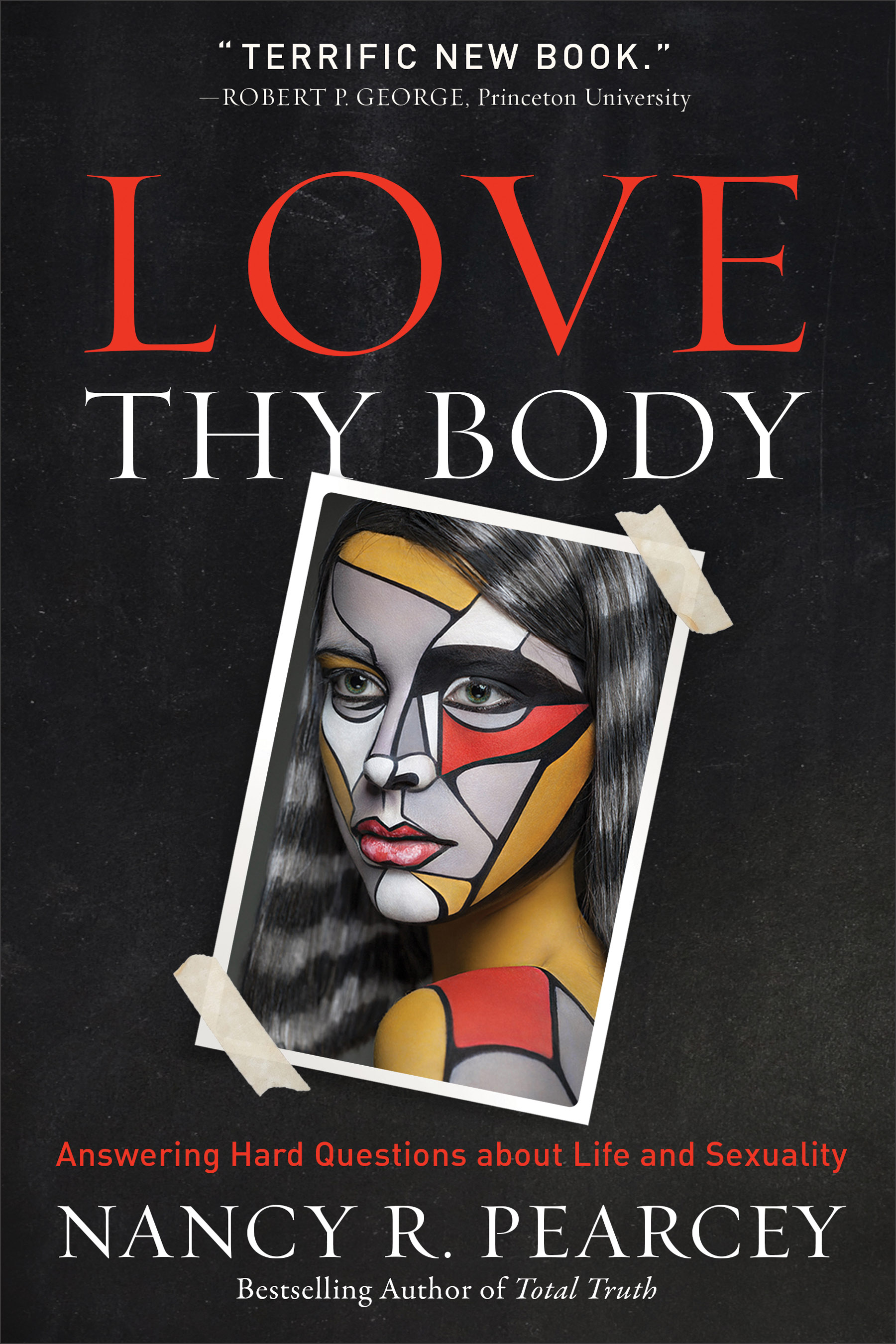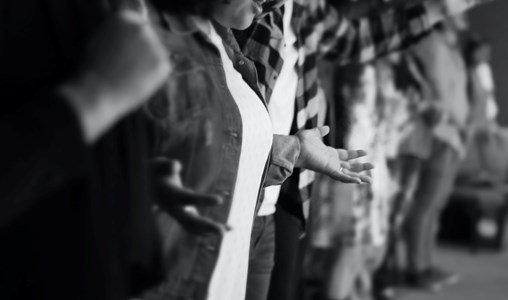
Article by Dorcas Andam
Contributor at GraceLife LondonAnswering Hard Questions about Life and Sexuality
This book has been on my to-read list for over a year and now that I have read it, I would highly recommend it. Based on the title you may be forgiven for assuming that this is a book about ‘Self-Love’ and/or ‘Body Positivity’. However, you’d be mistaken, it, in fact, deals with major moral issues currently facing us in society.

Two reasons (there are more but we’ll look at just two) to be concerned with the issues discussed in this book. Firstly, it will help us to better fulfil the great commission given in Matthew 28:19-20, which tells us to go into the world and make disciples, teaching them to observe all that Christ has commanded. These disciples are going to come from the culture we’re in. If we are to share the gospel effectively and walk with one another towards Christlikeness we have to dismantle in the minds and hearts of those held captive by destructive prevailing thinking (2 Corinthians 10:5-6). To do this we must understand the worldview undergirding these issues as well as how to effectively bring about change using God’s word. Secondly, it will equip you to dismantle the secular worldviews the children in your life will undoubtedly pick up.
“Many families hope to protect their children from radical ideas by walling off the secular world – supervising what books they read, what movies they see, what music they listen to. But secular worldviews do not come neatly labelled so we can easily recognize them. Instead, they mutate into forms that we hardly recognize, becoming part of the very air we breathe. The most powerful worldviews are the ones we absorb without knowing it. They are the ideas nobody talks about – the assumptions we pick up almost by osmosis.”
Nancy Pearcey is not new to this genre of writing, a protégé of the late evangelical philosopher and theologian Francis A. Schaefer, she has written several books on cultural analysis, including ‘Total Truth’ and ‘Finding Truth’. She herself came to Christ after having her own views challenged and believes that “to be strategically effective, we must address what people believe ‘about the nature and significance of life itself.’ We must engage their worldviews.” This is because ideas stem from worldviews. Christian ideas and morals come from a biblical understanding of God, man and the world. The richer our understanding of Scripture the more likely we are to have our morals shaped by it. In the same way moral issues, we face stem from a worldview and if we are to effectively deal with them we must understand it.
This is what Pearcey achieves in her book. She explains the history and effects of the postmodern, dualistic worldview and how such thinking has led to our current issues with abortion, euthanasia, sexuality and gender. She contrasts this with the biblical worldview and how holding to it leads to a better view and treatment of human beings and the body specifically. She explains that at the root of all these issues is a worldview that divides man into a two-tiered being. This is known as the ‘personhood theory’, which “entails a two-level dualism that sets the body against the person as though they were two separate things merely stuck together. As a result, it demeans the body as extrinsic to the person – something inferior that can be used for purely pragmatic purposes”. Hence a woman can accept that the unborn child she's carrying is a human being and still believe it is OK to abort. How? Because they concluded that the baby has not reached personhood, therefore no moral wrong is done by aborting. Pearcey helps us see how such thinking is not only deadly for the unborn but also for every human being and produces a lack of respect for the body.
She covers some key issues which have the personhood theory at its roots.
In chapter 1 of the book entitled, ‘I Hate Me’ she gives an overview of the six issues she seeks to discuss. It is important that you read this chapter even if you don’t intend to read all the chapters as it is foundational to understanding the rest of the chapters. In the chapters that follow she takes each issue discussed briefly in chapter 1 and shows the root cause and answers common objections to the biblical worldview.
Chapters 2 to 6 covers the effects of personhood theory on individuals while the last chapter looks at its effects on the wider society.
There are many things I loved about this book, but I will give you only my top three.
I love that scripture drives all the solutions she presents. As much as this book is a bit of an academic one, she applies the gospel and God’s word to the challenges we face so well. It is clear that Pearcey firmly believes that the answer to these issues is the gospel of Jesus Christ as taught and lived out by His body, the church. I would gladly and confidently give this book to an unbeliever, knowing they will receive the gospel.
Secondly, I found it easy to read. Don’t get me wrong, it is quite a meaty book but she does a great job of taking a topic that requires a lot of history and ideas and simplifying it. I am definitely a novice when it comes to worldviews and its implications but this book was understandable. It is written with clarity and the real-life examples she gives will engage you throughout.
Finally, she writes with compassion. It is easy to laugh and shake our heads in disbelief at some of the stories we hear and read, however, Pearcey does a good job of constantly reminding the reader that, we as Christians have been called to compassion, these are real people whose lives are being affected negatively by these issues, these are the broken and they are very much in need of the only Saviour, Jesus Christ.
I think Rosaria Butterfield, author of ‘The Secret Thoughts of an Unlikely Convert’, sums it up quite well, ‘Nancy Pearcey models on every page how to understand secular worldviews in order to engage them effectively in post-Christian America. Love Thy Body is a must-read book.’ I would just add that it is for post-Christian western civilisation, not just America.



